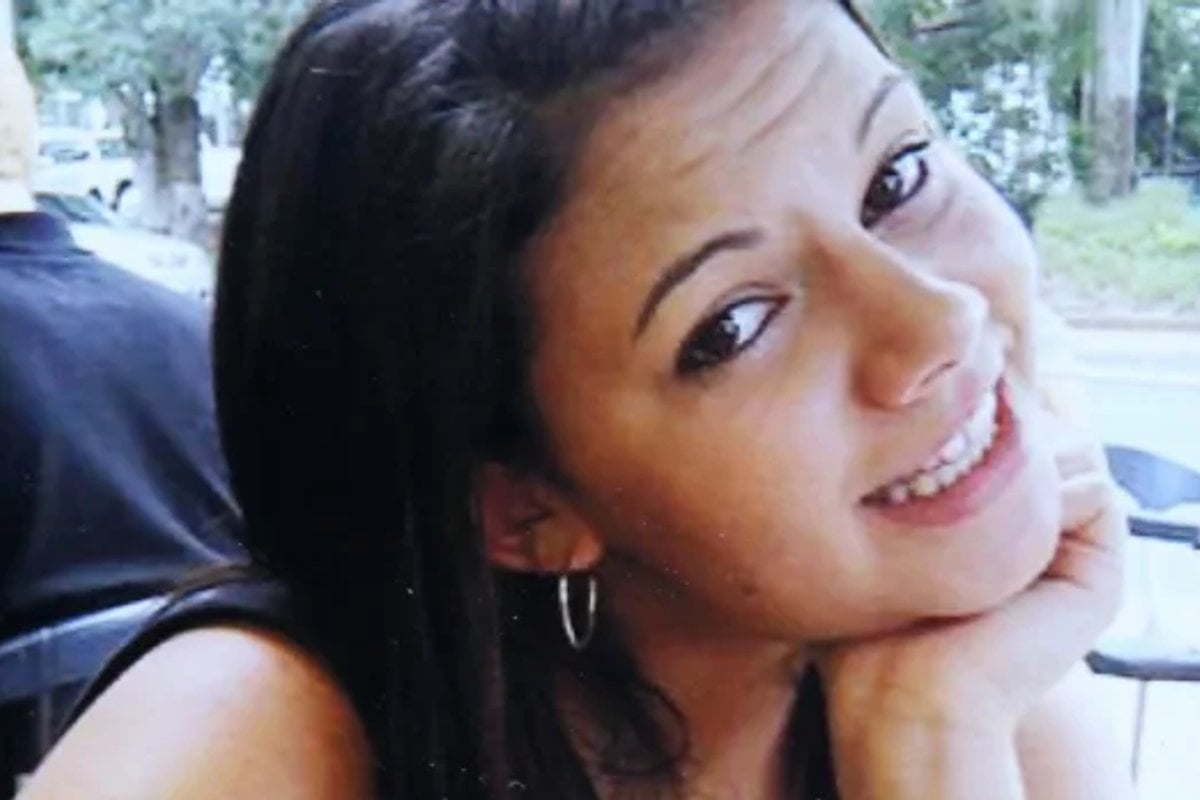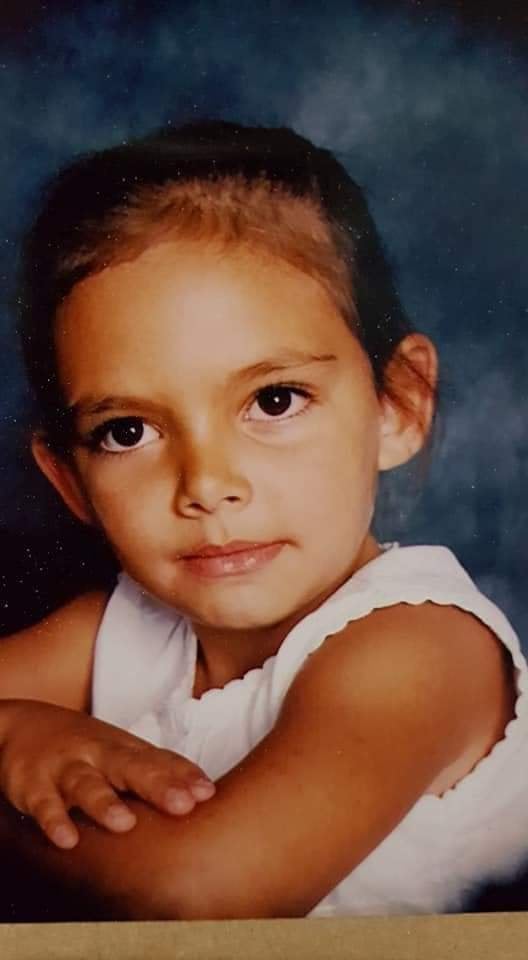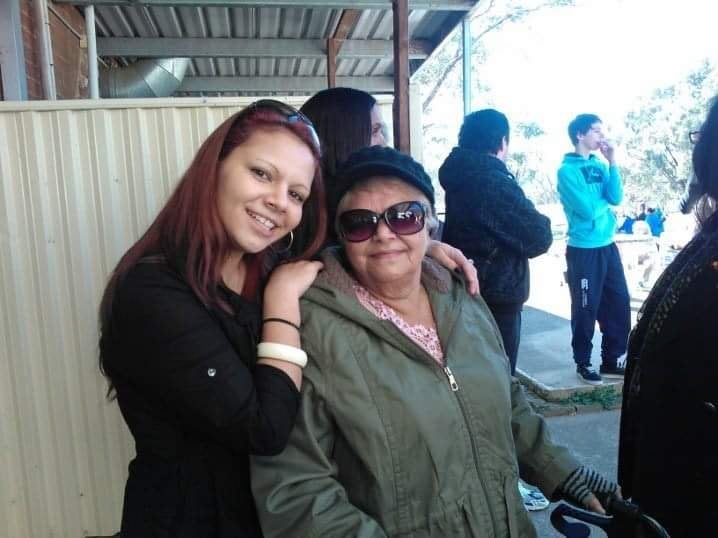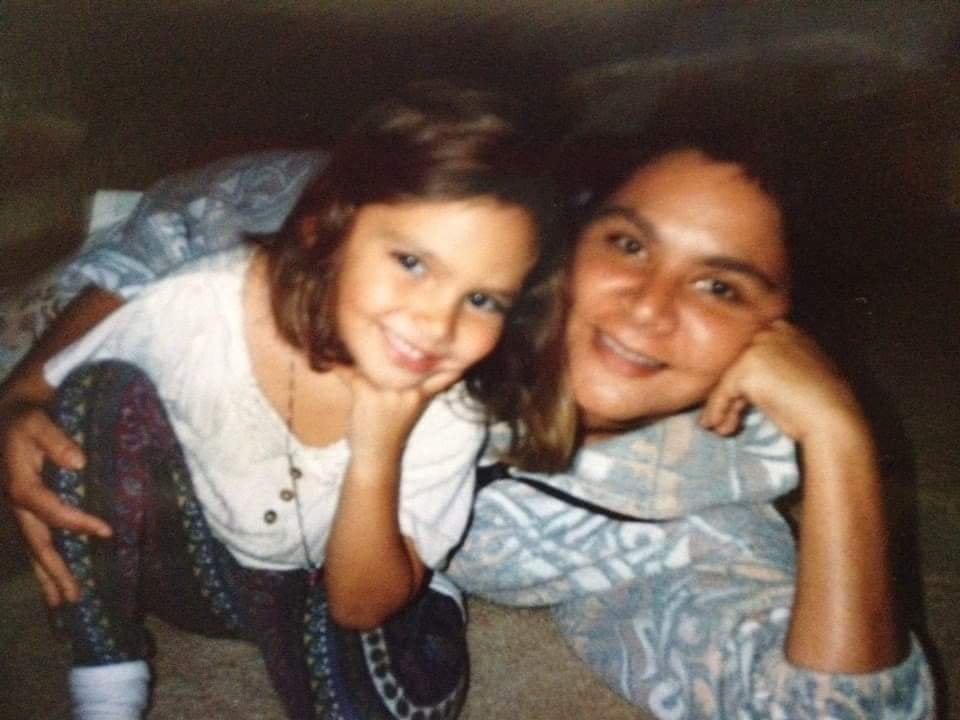
Content warning: Aboriginal and Torres Strait Islander readers are warned that the following story contains images of deceased persons. This story also deals with domestic violence, which may be triggering for some readers.
The first thing you noticed about Allira Green was her smile. It was bright and wide, toothy, somewhat cheeky. And always given easily.
"She was always full of life, that girl," Allira's mother, Nardia, tells Mamamia. "Always happy, always making sure everybody else was all right before herself. She'd bring home friends all the time and say, 'Aww, mum, her parents kicked her out', and I'd be ringing the parents and telling them that their daughter is here. That's the kind of person she was."
When Allira was little, the family lived in Queensland. Her father died when Allira was only six months old. Then Nardia's mum, who lived in Sydney, got sick and Nardia decided to bring the family back to Sydney so that she could look after her.
 Allira Green as a child. Image: Supplied.
Allira Green as a child. Image: Supplied.





Top Comments